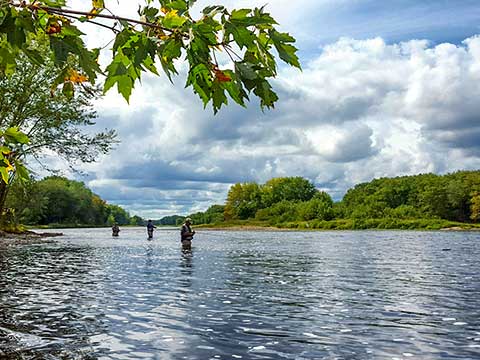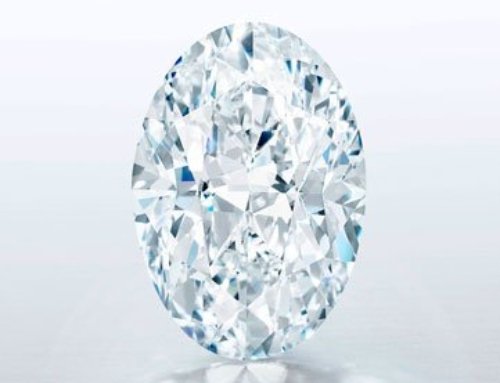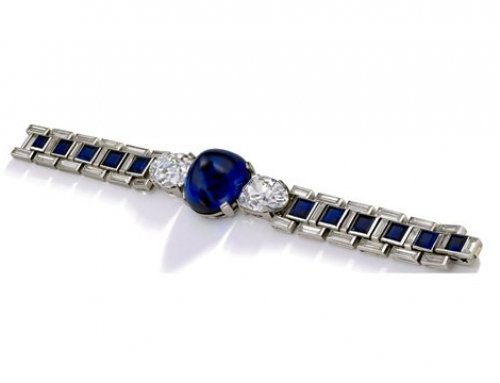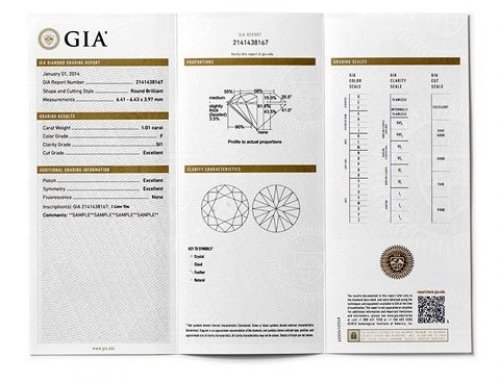“How lessons I learned doing business in Japan came in handy during my fishing holiday in Renous and it’s region“
As you can read elsewhere on this site, Sylvain Goldberg has been very active in the Far East, more specifically in Japan. There he learned the value and importance of striving for perfection, from the traditional Japanese culture. But there is another facet of Japanese culture that has strongly influenced Sylvain Goldberg; especially what Japanese culture has taught him about the value and importance of patience. In our Western culture we increasingly want “immediacy“, but patience is the realization that some things require a longer process and you cannot always rush that process.
As Sylvain noted during his first visit to Renous in 2017, it is one of the most beautiful places in the world to fish for wild salmon. What struck Sylvain was that one of the first sentences Jean Jacques Renous, his guide during the fishing trips, said to him was “Fishing in this river is about fresh air, clear water, patience and the quiet experience“.
Fishing in Renous (New Brunswick) requires patience
“Actually, I don’t know much about salmon fishing, except that you really need a lot of patience for it. My guide, who clearly loves fishing, is a very patient man. At times I was surprised by his willingness to stay on the water for many hours. He simply never gave up, not even after we hadn’t caught anything for a few hours.
In addition to the mere fishing techniques, I actually learned some more spiritual lessons from Jean Jacques Renous, such as the appreciation of life on the water and of the beautiful nature in the surroundings of Renous. The appreciation of the great outdoors and the attunement of one’s own life to the rhythm and benevolence of nature was a recurring theme in the stories he told me on the boat and in the evening at our dinner table.”
The first fishing day in Renous (Canada) was ice cold and we got completely soaked
It was actually a somewhat unpleasant day. The wind was blowing hard and the rain had been falling upon Renous for 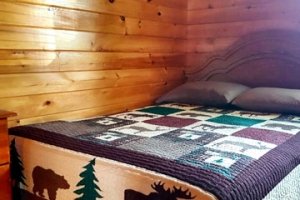 several hours. They set out to fish that day at 9:00 am, but Sylvain Goldberg was awake from half past five, owing to the combination of jet lag and the ticking of the rain on the roof of the guest house he was staying in.
several hours. They set out to fish that day at 9:00 am, but Sylvain Goldberg was awake from half past five, owing to the combination of jet lag and the ticking of the rain on the roof of the guest house he was staying in.
“I’m certain there was fish swimming close to our boat, but it was very difficult for us to see anything in the turbulent water. After 2 hours on the boat we were totally soaked and we still hadn’t caught any salmon at all. Shortly afterwards a fierce storm approached us from the south. For a moment we considered staying on the river, but in the end the storm seemed too intense for us. So we sailed back to Renous, in that heavy downpour. Back at the guesthouse we dried ourselves and decided to have lunch. After lunch it seemed we were getting a second chance to go fishing, because the sky cleared up. So we decided to try it and went back up the river to the places where Jean Jacques Renous expected us to find a lot of wild salmon. Along the way we ended up in a new storm unfortunately. We stayed on the river anyway, because after all I was only in Renous for 4 days. It surely seemed like we were the only fishing boat that stayed on the water that afternoon.”
Such a trip, in full storm, on a fishing boat such as the one of Jean Jacques Renous is probably not suitable for everyone. It is physically demanding, requires functioning in hard elements and strict rules apply. But the principle of fishing for wild salmon is simple: when the salmon is in motion, the fisherman must be as well, which can mean hours without sitting down while enduring hard rain. But that’s how you get to know each other well. Imagine that you and some of your friends decide to go fish together for a few days, standing together on the limited space of the deck of a typical fishing boat in Renous. Although I have never been a great fan of that kind of movies, at times it reminded me of old westerns. On board you just had to be tough, just like the cowboys in those films. Always be aware of your environment to ensure that everyone stays safe and the salmon is caught without incident.
What should you take with you when you go fishing in Renous (New Brunswick – Canada)?
Jean Jacques urges me to include the following information in my trip report. When planning a fishing trip in Renous, there are a few things you need to take with you to be well prepared for the hard to predict elements of nature. You can rent or buy your fishing gear, bait, equipment and bottled water (+ rain gear on request) on the spot, but there are a few things that I recommend you bring from home:
– Sunglasses
– Sun cream
– Thick socks (a few extra pairs is definitely a good idea)
– Warm pants
– T-shirts
– Long sleeve shirts
– Fairly warm jacket (it can get really cold on a fishing boat!)
– Wind jacket
– Waterproof shoes
– Chapstick, because if you stand on the deck of a boat your lips will certainly suffer due to wind and weather
A few more thoughts about the notorious Japanese patience
The well-known Japanese patience starts with the values that children are taught in kindergarten:
- self-discipline
- collaboration
- respect
For example, it is not unusual for Japanese kindergartens to organize performances of more than 100 children. While one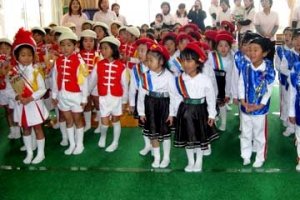 age group plays an instrument, another stays still and listens. Those who listen thus practice patience and restraint at a very young age.
age group plays an instrument, another stays still and listens. Those who listen thus practice patience and restraint at a very young age.
Fast forward to adult life in Japan. The Japanese population typically lives in densely packed cities, where people learn very quickly that they have to wait in order to get anything. After many years of learning this behavior – showing respect for the group by waiting quietly – the end result is a cultural habit that persists in almost all circumstances.
It may be a bit of a generalization, but I don’t think I’m awfully wrong when I write that entrepreneurs are usually impatient. In our fast paced world, impatience is a common by-product of the entrepreneurial mentality.
Before I ever went to Japan, I also had the tendency to evaluate all kinds of situations as fast as possible. In the best cases, this rapid judgment enabled me to understand a situation quickly and map out a path forwards. In the worst case, however, this rapid process sometimes caused a gap between me and the people I worked with. This “ready, aim, fire” syndrome is all too common among entrepreneurs, and although it sometimes leads to rapid iteration and growth, it often causes problems.
In my experience, the quick conclusion I reached was often not as solid as I first thought. Sometimes I oversaw critical details, implications or opportunities. Sometimes I became impatient and became alienated from the people I worked with.
“Impatience is self-sabotage”
When you come to a hasty conclusion, you create an artificial timeline in your mind. When people or processes fail to adapt to that timeline, your mind can suddenly go in all directions. You begin to question the motives and intentions of the people you do business with and you propose ultimatums that are not always perceived as reasonable.
How my business life lessons from Japan found a parallel during the fishing holiday in Renous
One thing I am sure of in the meantime is that nothing of lasting value in this world comes to you naturally or easily. In fact, everything of value requires some time, whether it is developing a skill, building a relationship or starting/scaling up a business. Although entrepreneurs like me like to simplify things as much as possible, the truth is that the world is a complex place, full of nuance. And that world usually doesn’t move at the same pace as your own thoughts.
As an entrepreneur, as well as a fisherman in Renous, you live in a world that appreciates quick thinking and dynamic initiatives. There is nothing wrong with that in itself. However, if you allow these properties to manifest themselves in the form of impatience, or of not taking into account changing environmental conditions, problems will arise. Whether those circumstances are a digital disruption, trade war in business or hard rain and a thunderstorm when you go fishing in Renous. However difficult it may sometimes be, as a human being, ons should never forget that patience is really a virtue.
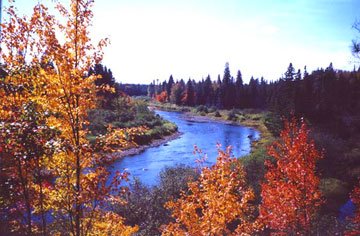
“Renous, one of the most relaxing places I have ever been to”
Sylvain Goldberg

